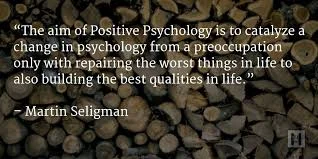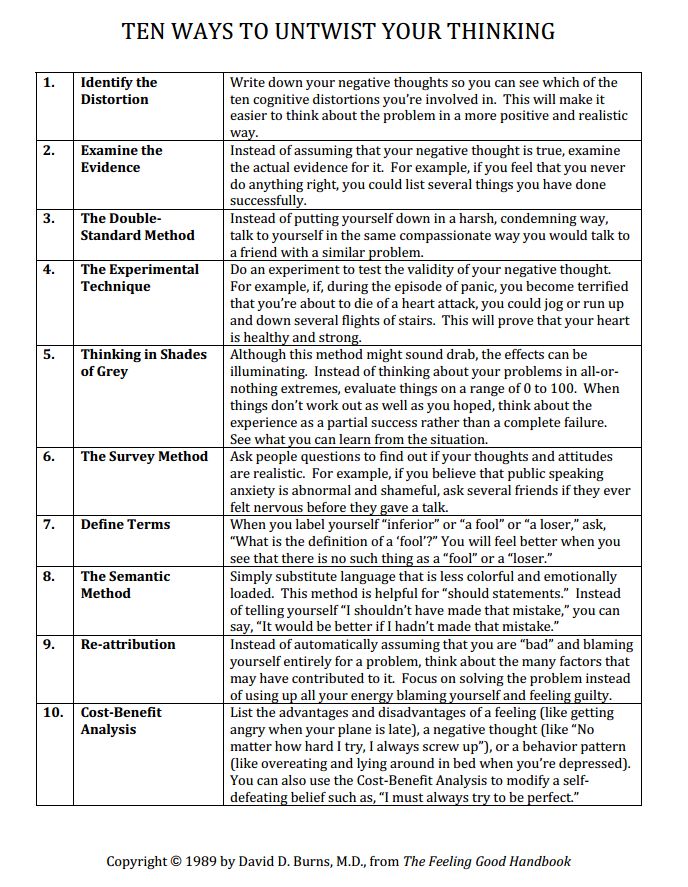Instead of focusing on maladaptive patterns and behavior, positive psychology focuses on helping people function at an optimal level. Positive psychology aims to better understand and apply factors that help individuals and communities thrive and flourish (Seligman & Csikszentmihay, 2000).
Well-being can be achieved or increased through deliberate interventions.
One of the earliest documented interventions involved guiding people to adopt traits present in happy people (Fordyce, 1977, 1983).
To date, many interventions have been developed that have been shown to increase well-being including:
Practicing forgiveness (McCullough, Pargament, & Thoresen, 2000)
Participating in happiness training (Goldwurm, Baruffi, & Colombo, 2003)
Keeping a gratitude journal (Emmons & McCullough, 2003)
Thinking about positive experiences (Burton & King, 2004)
Writing a gratitude letter (Seligman, Steen, Park, & Peterson, 2005)
Engaging in acts of kindness (Lyubomirsky, Sheldon, & Schkade, 2005)
Counting one’s blessings (Lyubomirsky et al., 2005)
Engaging in productive activities (Baker, Cahalin, Gerst, & Burr, 2005)
Reliving positive events (Lyubomirsky, Sousa, & Dickerhoof, 2006)
Nurturing relationships (Lyubomirsky, 2008),
Participating in goal-setting (MacLeod, Coates, & Hetherton, 2008).
One of the first things that comes up when you start researching Positive Psychology is GRATITUDE! Gratitude is strongly correlated with greater happiness and better relationships When we tap into a state of gratitude, we elevate our functioning and see improvement in a variety of areas.
A simple thing we can do to tap into gratitude is to create a gratitude journal. Just write down 5 things that you are grateful for. You can start a notes page on your phone, or can write these down on a piece of paper. Take a moment to rate your sense of well-being before writing down your gratitude list. Write down your list, then re-rate your sense of well-being.
P.S. This can work even if you go through the list mentally, but better if you write it down.



